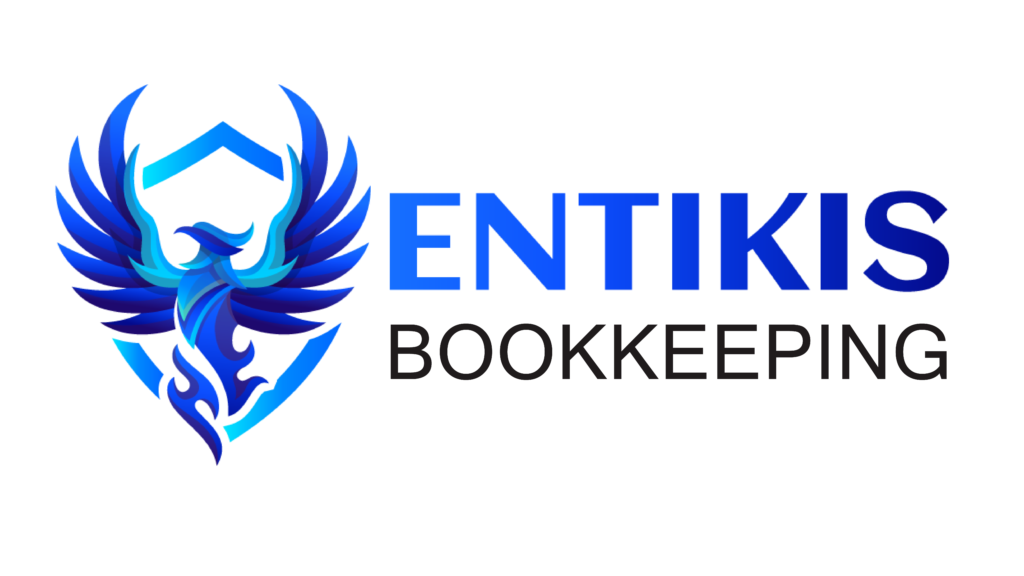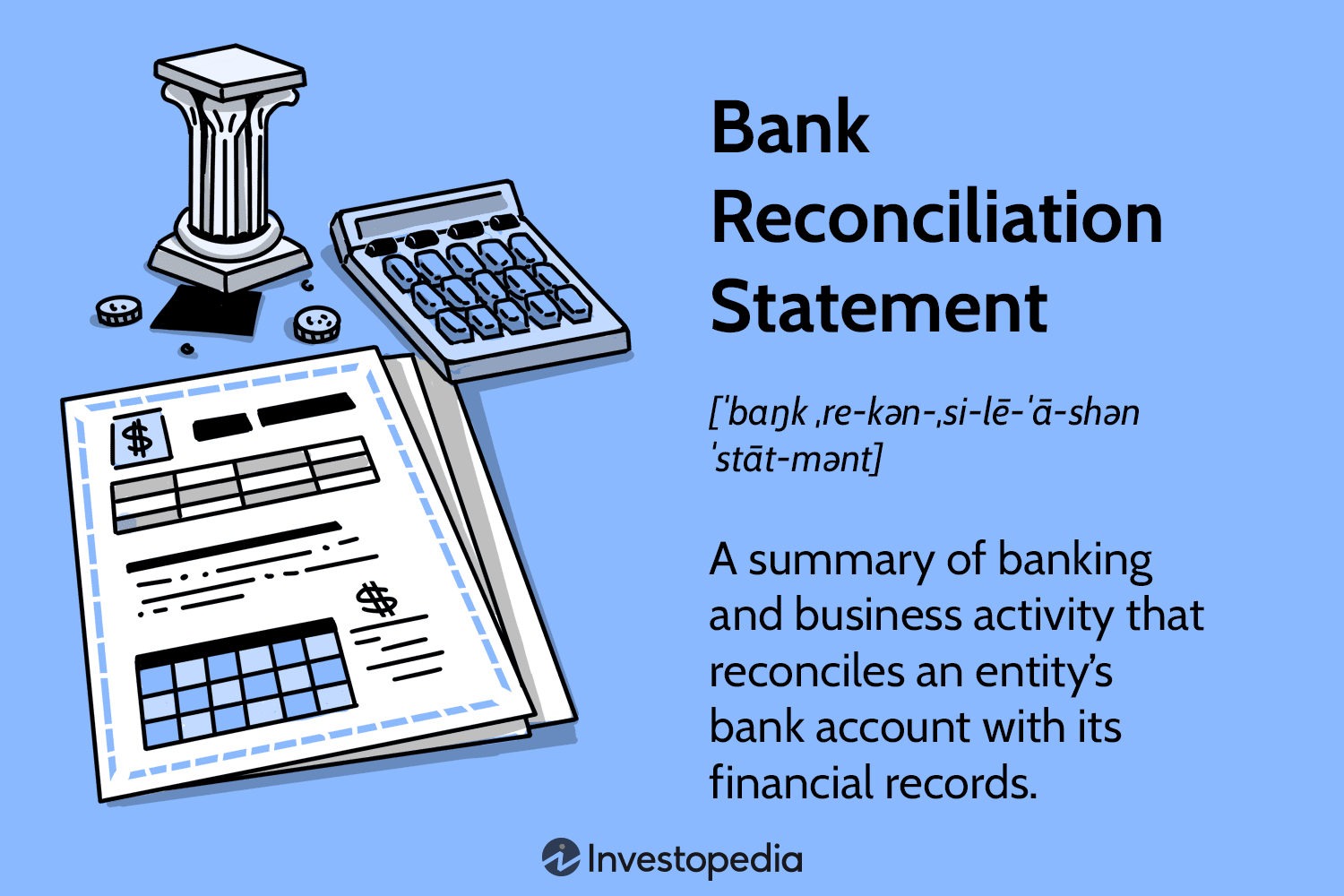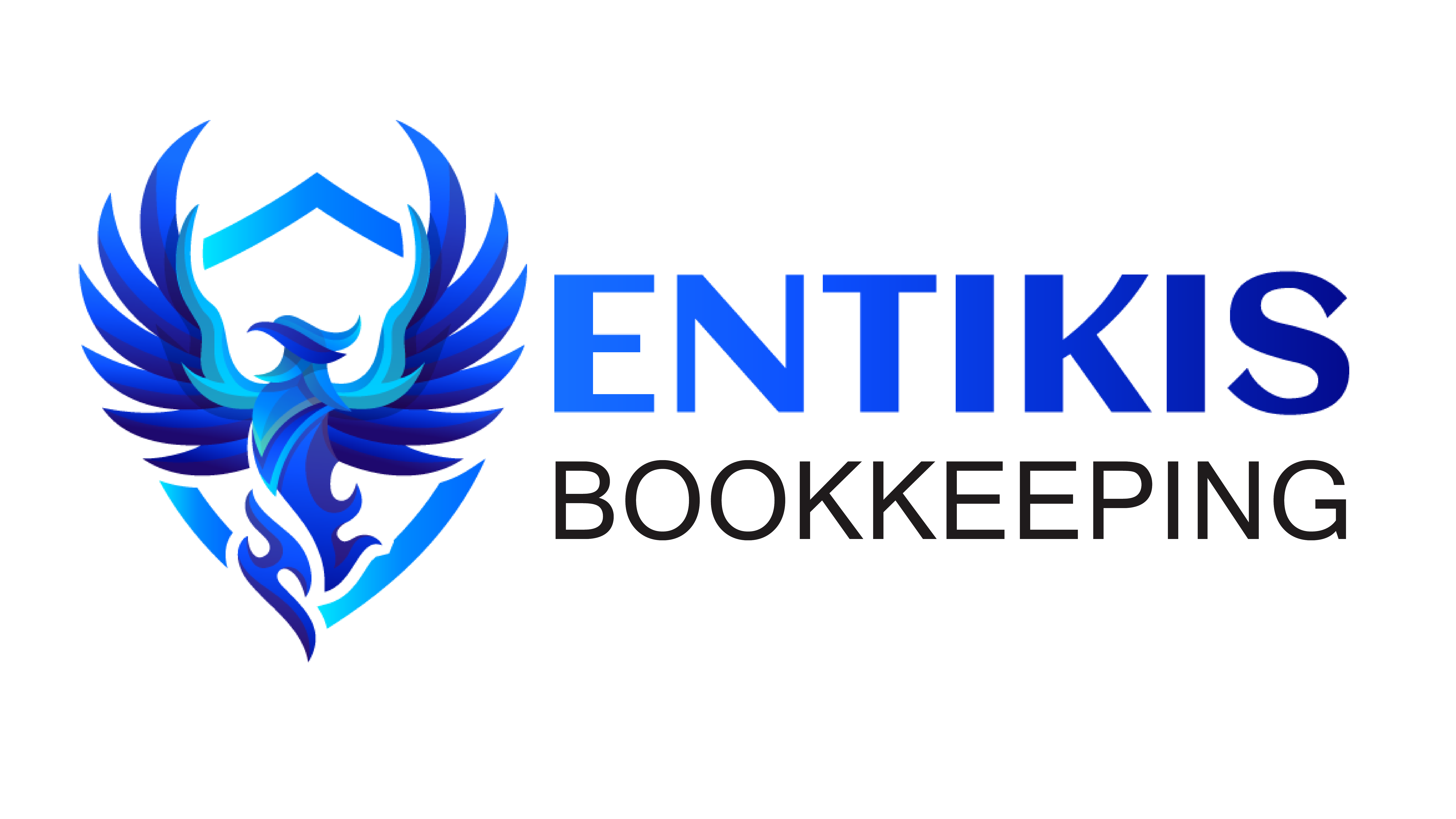Though you have never run a bookkeeping business before, are you ready to start one in 2025? This detailed guide equips you with the latest insights, clear steps, and fresh data to start a bookkeeping business with no experience and launch a thriving service even without prior background.
| Field | Detail |
| Name | Aspiring Bookkeeper |
| Goal | Start a bookkeeping business with no experience in 2025 |
| Status | New to bookkeeping, eager to learn and grow |
As companies adopt digital finance, bookkeeping is becoming very sought-after. Experts predict that the global bookkeeping software market will reach approximately $5 billion by 2025, with an annual growth rate exceeding 8%. By 2027, it will have grown yearly by over 8%. Cloud adoption stands above 90%, enabling real-time access and automation. You can enter this field without prior experience, but you’ll ground yourself in fundamentals and modern tools. Especially as questions like “Why do businesses get audited?” highlight the importance of accurate, compliant bookkeeping practices.
What Does a Bookkeeping Business Do?
A bookkeeping business helps clients by:
- Recording daily transactions and maintaining ledgers
- Reconciling bank statements monthly
- Generating periodic reports: profit & loss, cash flow, balance sheet
- We provide services for managing payroll and tracking invoices.
Bookkeepers differ from accountants: bookkeepers focus on precise recording, while accountants analyze and prepare financial statements and tax filings. Tax compliance in 2025 and wise financial decisions depend on accurate and orderly bookkeeping as the backbone.
How can you start a bookkeeping business without any prior experience?
Learn Essential Bookkeeping Skills
To start a bookkeeping business with no experience, begin by mastering the basics:
- Double-entry accounting
- The accounting cycle (journal entries, trial balance, adjustments, statements)
- Chart of accounts and transaction categorization
- Bank reconciliation and ledger review
Online platforms like Accounting Coach and QuickBooks ProAdvisor now include interactive tutorials and real-time cloud tasks. Certification remains optional, but credentials such as QuickBooks ProAdvisor or Certified Bookkeeper enhance trust, especially for newcomers looking to start a bookkeeping business with no experience.
Build Knowledge of Top Trends in 2025
To start a bookkeeping business with no experience in the current market, understanding these trends is essential:
- Automation minimizes errors by up to 90%. OCR (optical character recognition) tools streamline data entry.
- Cloud-based bookkeeping is the norm, offering secure backups and remote access.
- AI tools and fraud-detection algorithms are increasingly adopted, integrating anomaly detection.
- Niche specialization (e-commerce, healthcare, sustainability reporting) is a competitive advantage.
- Sustainability drives paperless processes and green accounting practices.
Books and courses on AI integration and cloud workflow best practices help you stay current. If you want to start a bookkeeping business with no experience, focusing on a niche adds value, as businesses increasingly seek industry-specific bookkeeping.
Set Up Your Business Structure
Even with no experience, you must formalize your business:
- Choose a structure: sole proprietorship or LLC
- Register with your state and obtain an EIN if you’re in the U.S.
- Get insurance (such as E&O insurance) to protect against mistakes.
- Open separate business bank and credit accounts
- Implement cybersecurity protocols for client data protection.
Estimate Startup and Recurring Costs
Here’s a breakdown of typical costs in 2025:
| Expense Type | Lean Setup | Professional Setup |
| Business registration | $50 | $500 |
| Insurance (annual) | $100 | $2,000 |
| Software subscriptions | $300 | $1,200 |
| Computer & office equipment | $600 | $2,500 |
| Website & marketing | $300 | $3,000 |
| Security systems | $50 | $500 |
| Optional office rent | — | $6,000+ |
| Total one-time | $1,400 | $10,200+ |
| Monthly recurring | $50–200 | $1,000–3,000 |
You can start as low as $500 (using free tools and working from home) or invest $5,000–9,000 for a polished setup in 2025. Experts recommend saving at least six months’ worth of operating expenses before launching.
Choose the Right Tools
To successfully start a bookkeeping business with no experience, equip yourself with the right software:
- Core packages: QuickBooks Online, Xero, FreshBooks, Wave
- Cloud storage: Google Drive or Dropbox
- Client communication: Zoom, Calendly
- Security: Password manager and encrypted backups
- OCR tools: To automate receipt scanning
- CRM tools: For client onboarding and follow-ups
Master one primary platform and offer setup, training, and data migration services to clients.
Define Niche, Services, and Pricing
To start a bookkeeping business with no experience, clarity around services and audience is vital:
- Choose a niche: startups, e-commerce, profits
- Define services: monthly reconciliation, reporting, payroll, and financial cleanup.
- Pricing models:
- Hourly: $25–40 as a beginner
- Monthly retainer: $400–1,000 for basic services; $2,500+ for more
- One-time cleanup: $500–3,000
Competitive yet fair pricing helps you attract initial clients. A defined niche and clear offering stand out more.
Market & Attract Clients
Even with no experience, here’s how to start a bookkeeping business by finding clients:
- Reach out to friends, family, and local small business owners
- Create a professional site with SEO-optimized copy.
- List your service in directories and on platforms like LinkedIn, Upwork, and Fiverr.
- Participate in networking events and local small-business groups.
- Publish helpful content (blogs, free guides, YouTube videos)
- Leverage cloud software directories (e.g., QuickBooks ProAdvisor)
Content marketing demonstrates expertise and builds trust, especially when you’re new.
Deliver with Confidence and Grow
After landing clients:
- Use workflow checklists and timetables
- Deliver consistent, timely reports.
- Keep open contact and update customers either monthly or quarterly.
- Get references and testimonies.
- Explore expansion: offer advisory, training, or financial forecasting.
- Hire freelance help or virtual assistants as needed.
This professional transition enables predictable revenue and client base growth.
2025 Market Context & Opportunity
- The global bookkeeping software market is nearing $5 billion and growing 8% annually.
- 90 % of bookkeeping is now cloud-based, enabling remote work models
- Average U.S. bookkeeper salary is $45k–65k; full-time firms may pay $75k–90k
- Outsourced bookkeeping fees range from $400–900/month for SMBs, rising to $2,500+ for more complex needs.
- Bookkeeping business owners can generate upwards of $750k in revenue per year, with ROI within seven months.
- The broader financial services industry sees 4–10% annual growth, driven by automation and advisory services.
With demand rising and cloud tools enabling scalable models, the time to start is now.
Why This Approach Works
- Low entry barrier: minimal upfront costs and remote setup
- High demand: SMBs require fast, accurate financial records
- Modern tools: automation and cloud services enable efficiency
- Opportunity to specialize and provide added value
- Scalable: start solo and grow with hiring or outsourcing
Final Checklist for 2025 Launch
- Learn bookkeeping basics and choose primary software.
- Certify with QuickBooks or a bookkeeping credential.
- Register the business and secure insurance.
- Budget $500–5,000 for initial setup
- Build a professional online presence.
- Define niche, services, and pricing.
- Market effectively and deliver high-quality service.
- Ask for feedback, testimonials, and referrals.
Summary
You can confidently start a bookkeeping business with no experience in 2025. With current tools, affordable startup costs, and growing demand, your path has never been clearer. Build your skills, set up right, and focus on delivering reliable service, and you’ll be well-positioned for steady growth and revenue.





